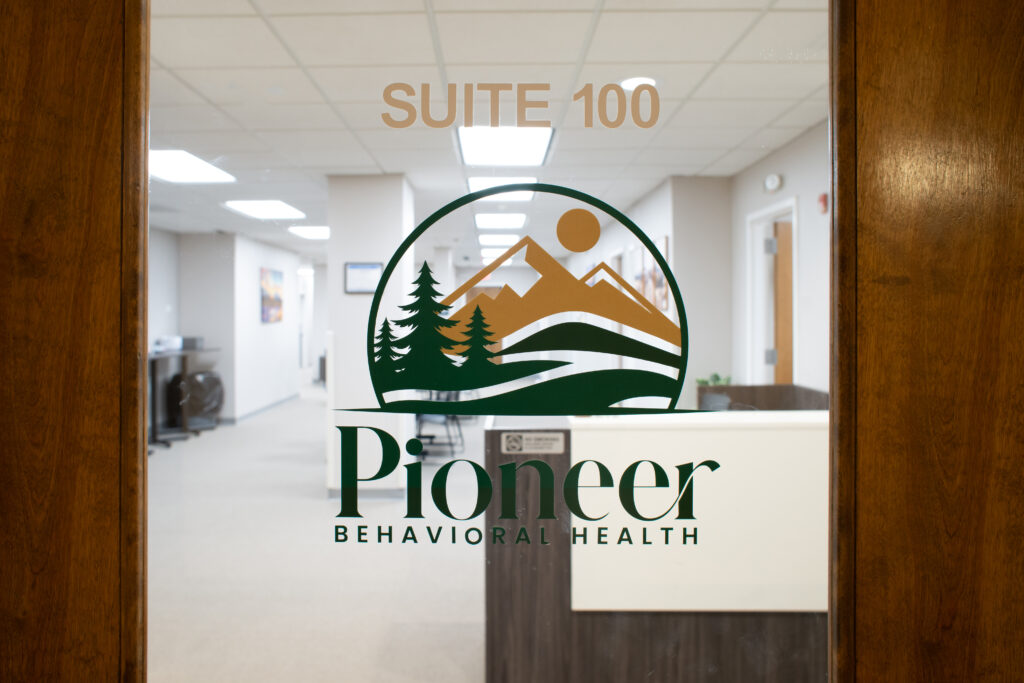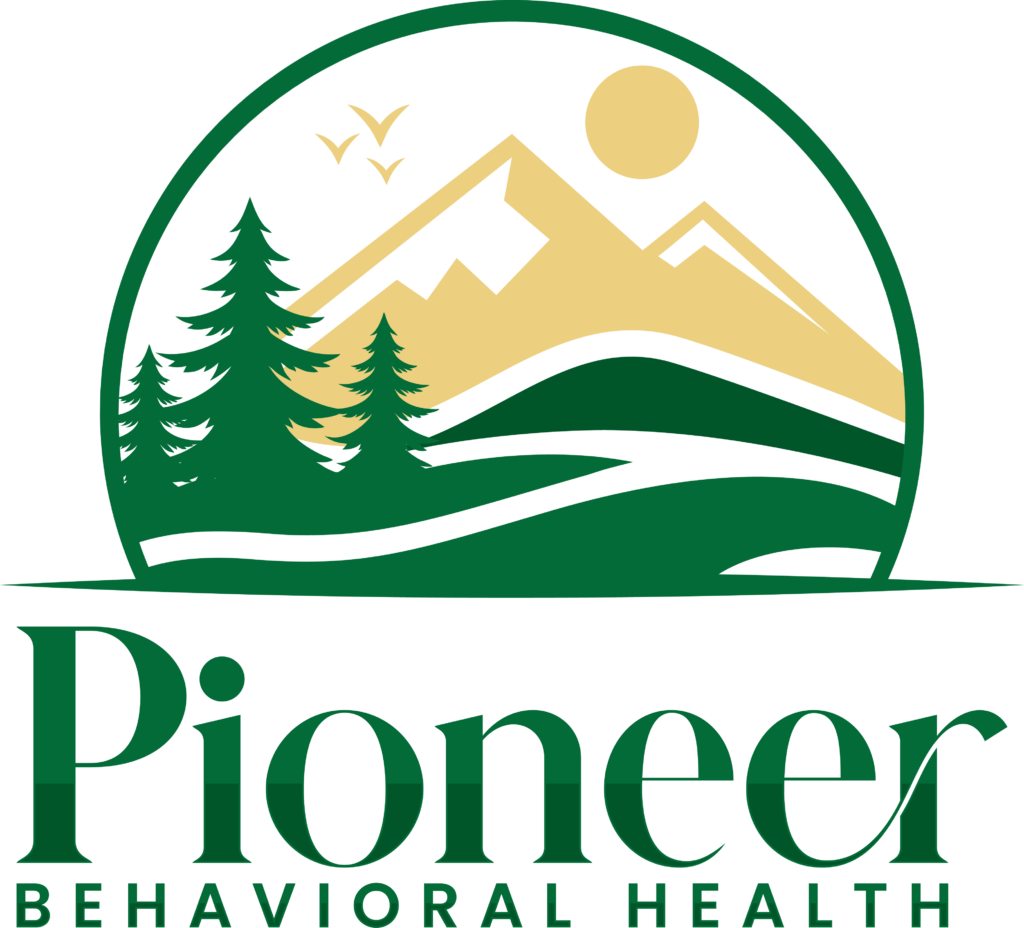Drug addiction is a complex and chronic condition that alters brain function and behavior, often making it extremely difficult for individuals to stop using substances on their own. Although there are many different treatment methods available, cognitive-behavioral therapy (CBT) stands out as one of the most effective approaches for treating addiction. Originally designed to address depression and anxiety, CBT has been successfully adapted for addiction treatment, with impressive results in promoting long-term recovery and preventing relapse.
In this article, we’ll dive into how CBT works, why it’s so effective, and how it can be integrated into a well-rounded treatment plan for drug addiction.
What is Cognitive-Behavioral Therapy (CBT)?

Cognitive-behavioral therapy is a structured, goal-focused form of psychotherapy that helps individuals change the negative thoughts and behaviors that fuel their addiction. Based on the principle that our thoughts, emotions, and actions are interconnected, CBT empowers individuals to shift harmful thinking patterns in order to foster healthier behaviors and emotional responses.
Unlike traditional talk therapy that may dwell on the past, CBT is present-focused and practical. It gives individuals actionable strategies to manage triggers, develop healthy coping skills, and break free from the cycle of substance use.
How CBT Supports Addiction Recovery
CBT addresses the psychological roots of addiction by helping individuals:
-
Identify Triggers: People battling addiction often face specific triggers—stress, certain environments, or emotional states—that increase the urge to use. CBT helps individuals pinpoint these triggers and develop strategies to manage or avoid them.
-
Reshape Harmful Thinking: Addiction is often accompanied by negative self-talk, such as “I’ll never get clean” or “I need drugs to cope.” CBT helps challenge these beliefs and replace them with healthier, more empowering thoughts like “I am capable of change” and “I have better ways to handle stress.”
-
Build Healthier Coping Mechanisms: Rather than turning to drugs for relief, CBT teaches alternative strategies such as deep breathing, journaling, mindfulness, or physical activity to manage stress and emotional discomfort.
-
Improve Problem-Solving Abilities: Life’s challenges can feel overwhelming, leading some to rely on substances. CBT equips individuals with effective problem-solving skills to manage these situations constructively.
-
Strengthen Emotional Regulation: CBT provides tools to manage cravings and impulses, helping individuals gain greater self-control and reduce the risk of relapse.
Why CBT is So Effective in Treating Addiction
CBT is widely recognized as one of the most reliable, evidence-based treatments for substance use disorders. It’s particularly effective at helping individuals maintain sobriety by offering lasting strategies for dealing with high-risk situations and emotional challenges.
What makes CBT especially powerful is its adaptability. It’s been successfully used to treat a range of addictions, including alcohol, opioids, cocaine, and prescription medications. Moreover, it’s equally effective in addressing behavioral addictions such as gambling or internet addiction.
Another key advantage of CBT is its ability to simultaneously treat co-occurring mental health conditions like anxiety, depression, and PTSD. By targeting both the addiction and any underlying psychological issues, CBT significantly reduces the likelihood of relapse.
Unlike short-term fixes, CBT focuses on teaching lifelong skills that individuals can continue to use long after therapy ends. These skills promote resilience, self-awareness, and better decision-making—core strengths needed for lasting recovery.
Additionally, CBT can be seamlessly integrated with other treatment approaches, including medication-assisted treatment (MAT), 12-step programs, and group therapy. This flexibility allows individuals to receive a comprehensive, personalized treatment plan tailored to their unique needs.
What to Expect From CBT Sessions
CBT for addiction is typically offered through individual or group therapy sessions and follows a structured format. Treatment often begins with goal-setting—both short-term and long-term—with the therapist and client working together to outline recovery milestones, such as sustained sobriety or mending strained relationships.
A major component of CBT is identifying and analyzing personal triggers. Individuals are encouraged to keep journals or logs to track their behaviors, thoughts, and cravings, which helps them notice patterns and better understand their responses. Therapists then guide them in developing customized coping strategies, such as mindfulness techniques, deep breathing, or engaging in positive distractions.
CBT is highly experiential. Patients are often given “homework” to apply what they’ve learned in real-world situations—whether it’s navigating a social event without using substances or practicing calming techniques when faced with stress.
Each session also includes a review of progress and adjustments to the treatment plan as needed, ensuring that individuals continue to grow and stay on track throughout their recovery journey.
CBT’s Role in Relapse Prevention
One of CBT’s most valuable contributions to addiction recovery is its focus on relapse prevention. Through practical tools and mental training, individuals learn to spot early warning signs and take action before a relapse occurs.
CBT relapse prevention strategies include:
-
Urge Surfing: Learning to ride out cravings without giving in, treating them like temporary waves that will pass.
-
Cognitive Restructuring: Replacing unhelpful thoughts with more balanced, constructive ones.
-
Mindfulness: Staying present and grounded to avoid reacting impulsively to stress.
-
Behavioral Alternatives: Engaging in healthy, rewarding activities to reduce the appeal of substance use.
These techniques help individuals stay sober and rebuild a life free from addiction.
Find CBT Therapists in Longmeadow, MA

At Pioneer Behavioral Health, we offer cognitive-behavioral therapy as part of our comprehensive addiction treatment programs. CBT equips our clients with the tools they need to recognize triggers, shift negative thinking, and develop healthier coping skills that support lasting recovery.
We understand that every individual’s journey is different, which is why we tailor all our programs to meet personal needs. CBT can be combined with other evidence-based therapies such as motivational interviewing (MI), dialectical behavior therapy (DBT), trauma-focused therapy, and medication-assisted treatment for those facing more severe substance use disorders.
If you or someone you care about is struggling with addiction, contact us today. Our team is here to provide support and help you start the path toward a healthier, substance-free life.


